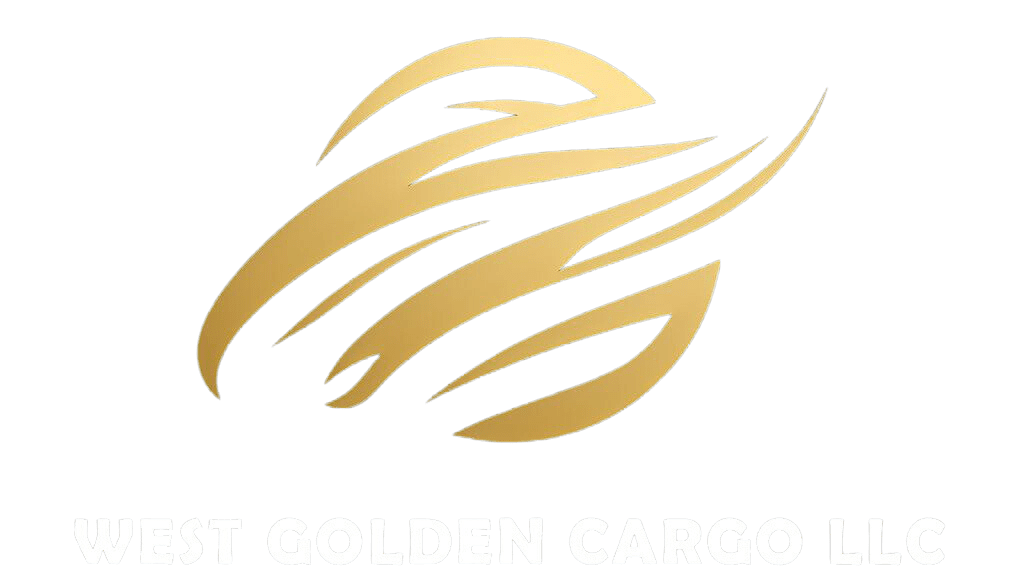Customs clearance procedures in Dubai, like in many countries, are important when importing or exporting goods. Here is a general overview of the customs clearance process in Dubai:

Documentation
1. Import Declaration: When importing goods into Dubai, you need to submit an import declaration. This includes details about the goods, their value, country of origin, and other relevant information.
2. Commercial Invoice: A commercial invoice is required for all commercial shipments. This document provides details about the transaction between the buyer and seller, including the price, quantity, and description of the goods.
3. Bill of Lading/Airway Bill: This document serves as a receipt of goods from the carrier and includes details such as the type, quantity, and destination of the goods being carried.
Steps in the Customs Clearance Process
1. Preparation: Before the shipment arrives, ensure all necessary documentation is complete and accurate. This includes obtaining any required permits or licenses for the specific goods.
2. Arrival of Goods: When the goods arrive in Dubai, they are taken to a designated customs area for inspection and clearance.
3. Customs Inspection: Goods may be selected for inspection by Dubai Customs officials. This can include physical inspection or scanning using X-ray machines.
4. Duty Assessment: Based on the information provided in the import declaration and supporting documents, Dubai Customs will assess the duties and taxes applicable to the goods.
5. Payment of Duties and Taxes: Once the duties and taxes are calculated, the importer must pay these fees to Dubai Customs. This can often be done electronically.
6. Release of Goods: After all duties and taxes are paid, and the inspection is completed satisfactorily, Dubai Customs will release the goods for delivery.
Customs Broker
Using a customs broker can streamline the process. At West Golden Cargo LLC, we are experts in customs regulations and can handle the paperwork and interactions with Dubai Customs on behalf of the importer.
Important Notes:
– Prohibited and Restricted Items: Dubai has a list of prohibited and restricted items that cannot be imported or have specific requirements. Make sure your goods comply with these regulations.
– Customs Tariffs: Tariffs vary depending on the type of goods. Check the Dubai Customs website or consult with a customs broker for the latest tariff rates.
– Electronic Services: Dubai Customs offers many electronic services to facilitate customs clearance, such as the Mirsal 2 system for submitting declarations and paying fees.
– Penalties: Non-compliance with customs regulations can lead to penalties, delays, or confiscation of goods. It’s crucial to understand and adhere to the rules.
For specific and detailed guidance tailored to your shipment, it’s advisable to consult with a customs broker or the Dubai Customs authorities directly. They can provide up-to-date information and assist with a smooth clearance process.

